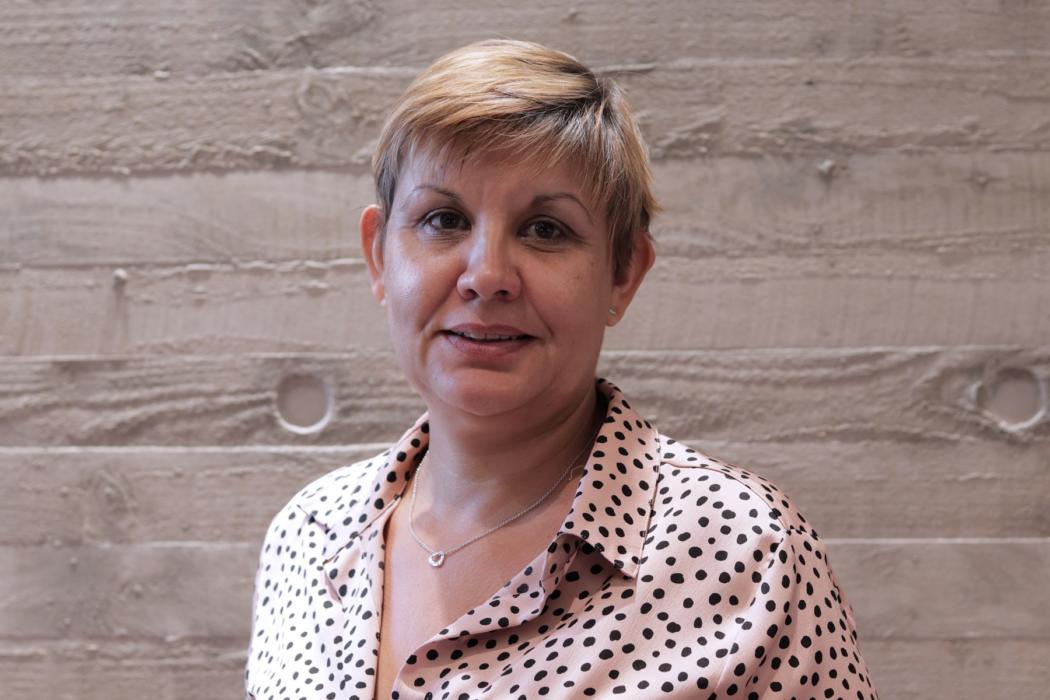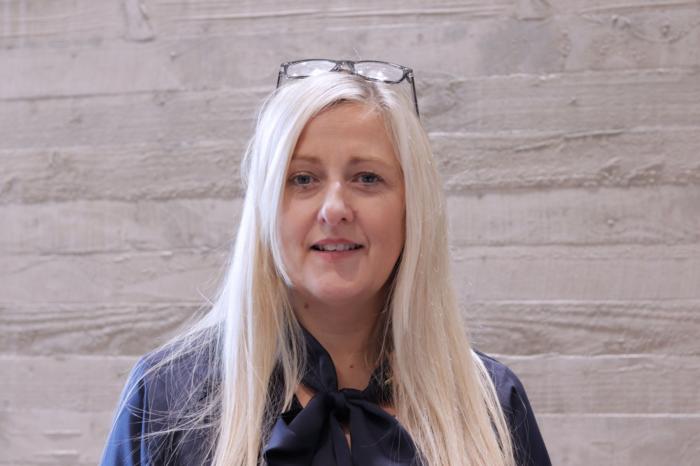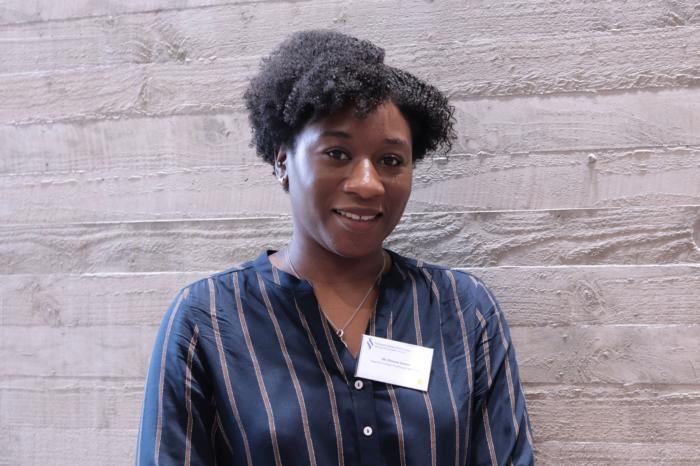Medical examiner officers (MEO) will work closely with medical examiners who will scrutinise all deaths across a local area that do not fall under the coroner’s jurisdiction. MEOs will have a range of responsibilities such as coordinating the completion of death certificates, referrals to the coroner, and speaking to clinicians and bereaved families.
The role of medical examiner was introduced after recommendations following investigations into three separate health scandals: the Shipman Inquiry, Mid Staffordshire NHS Foundation Trust Public Inquiry and the Report of the Morecambe Bay Investigation.
The College, as the lead medical royal college for medical examiners, provides training for medical examiners. It has recently introduced a training programme for medical examiner officers.
The training days are open to anyone who has been appointed, or is considering applying, to work as an MEO. It is anticipated that many MEOs will be nurses, healthcare scientists or bereavement officers although this list is not exhaustive and they may come from a wide range of backgrounds.
On successful completion of their training, MEOs can apply to become a member of the College.
What did the attendees think?
Rachel Thomas worked as a MEO for eight years as part of a pilot medical examiner scheme in Sheffield. Prior to her role as an MEO, Rachel practised as a nurse.
Rachel said of her time working as medical examiner officer:
Ceri Wyatt is based in South Wales and attended the training day.‘Being a medical examiner officer is a unique role. It gives me the opportunity to provide a different type of care and support for bereaved families from my previous role as a nurse. ‘The role of a medical examiner officer is fascinating and challenging. It’s such a privilege to have the opportunity to advocate for the deceased and to be able to support and work with bereaved families throughout the medical examiner process.’

Simone Foster is based in London and also attended the training.‘I am a bereavement officer which I love, so training for the new medical examiner officer role is a natural progression. It allows me to continue doing a job I love which is giving support to bereaved families. I also have personal experience of bereavement. I lost both of my parents within a very short space of time so I can relate to what the families are going through.'
‘The training day has been really useful. We have been given lots of helpful information and it’s been really valuable to be able to benchmark what the expectations are for the role. It was also great to be able to meet others who are also training to become a medical examiner officer and to be able to share what our plans are for the role.’

‘It’s great to be one of the first to take on such a necessary and valuable role. I was pleased to have the transferable skills, which made me eligible to become a medical examiner officer. ‘It is highly rewarding to know that I can make a positive difference during a difficult event in someone’s life.’
Talking about the training day, Simone said: 'Meeting people who already have experience of working as a medical examiner officer for a number of years has been insightful. The inclusion of the topic of faith needs of different communities and the importance and implications of these differences, has also been really informative. It’s been extremely helpful to understand how communities can help and support the medical examiner through each stage of the process. I found such insights really touching and comforting.’

